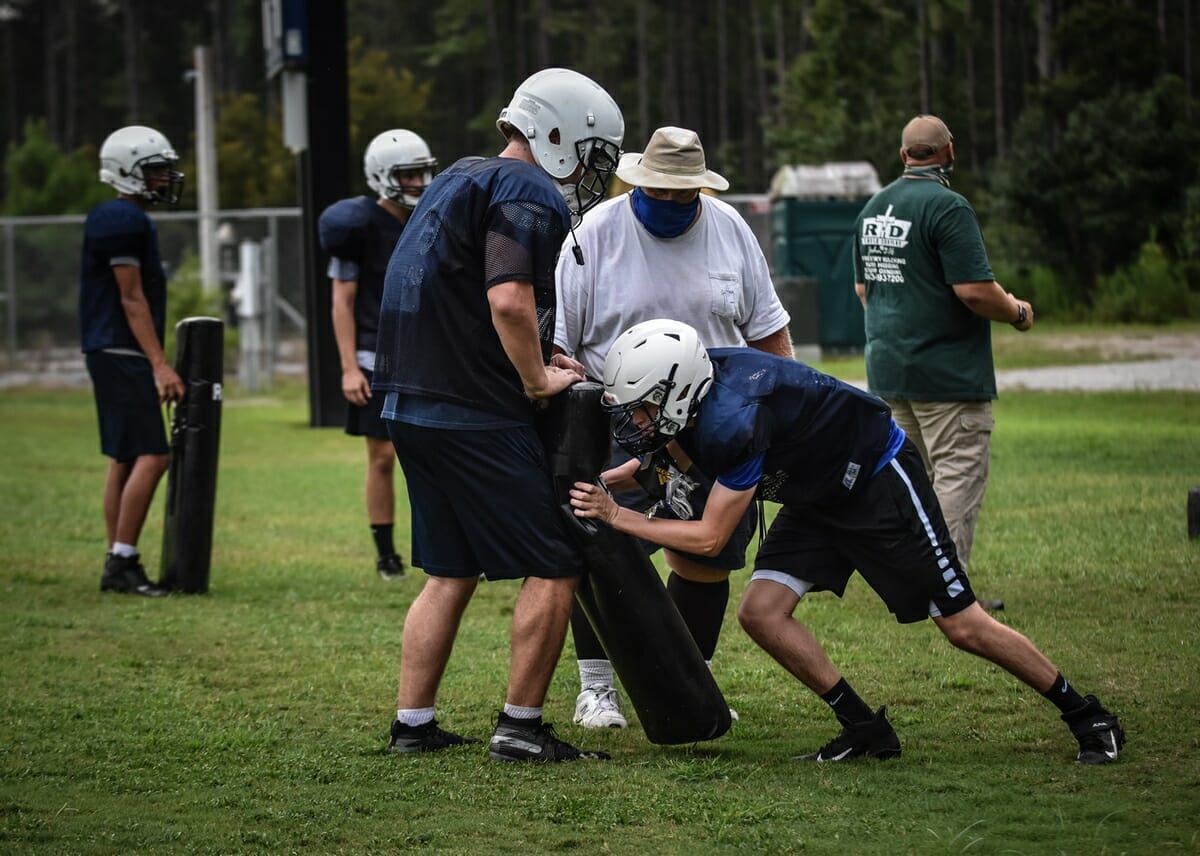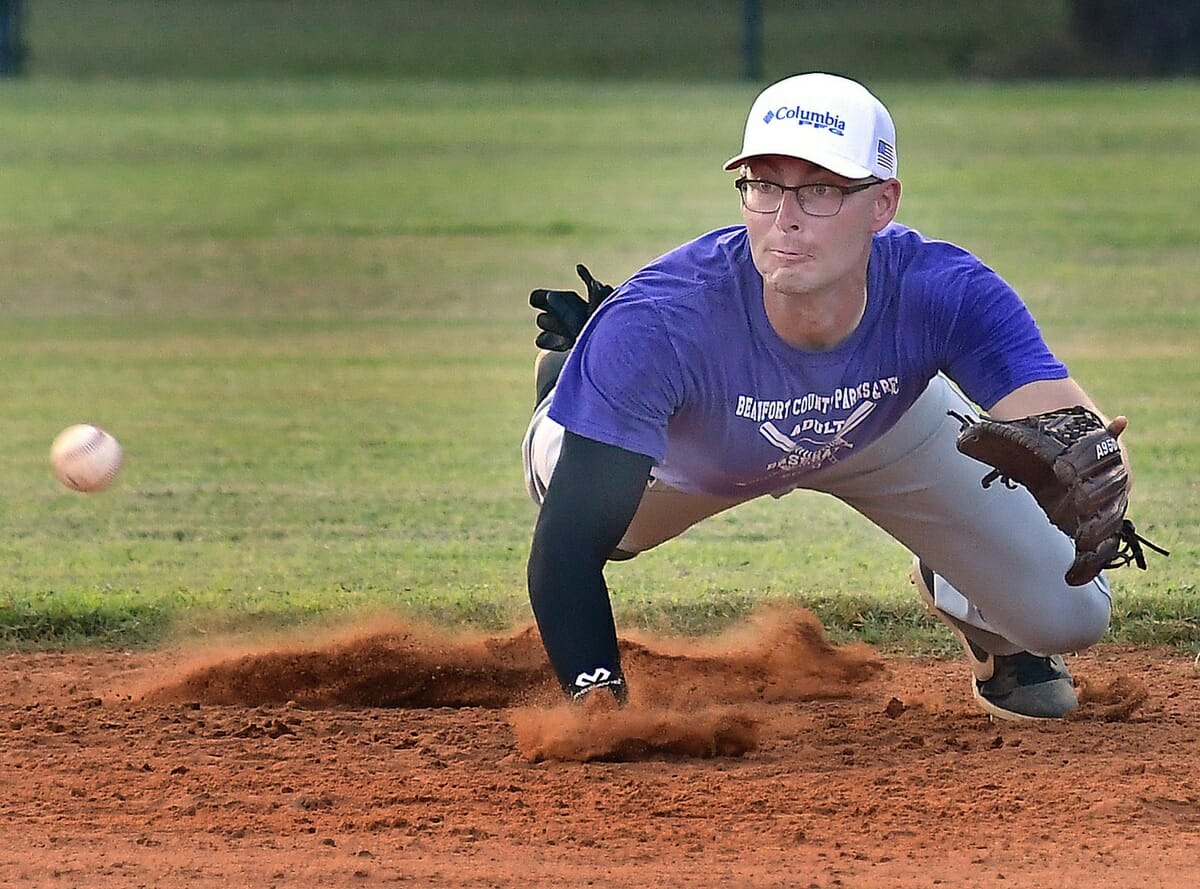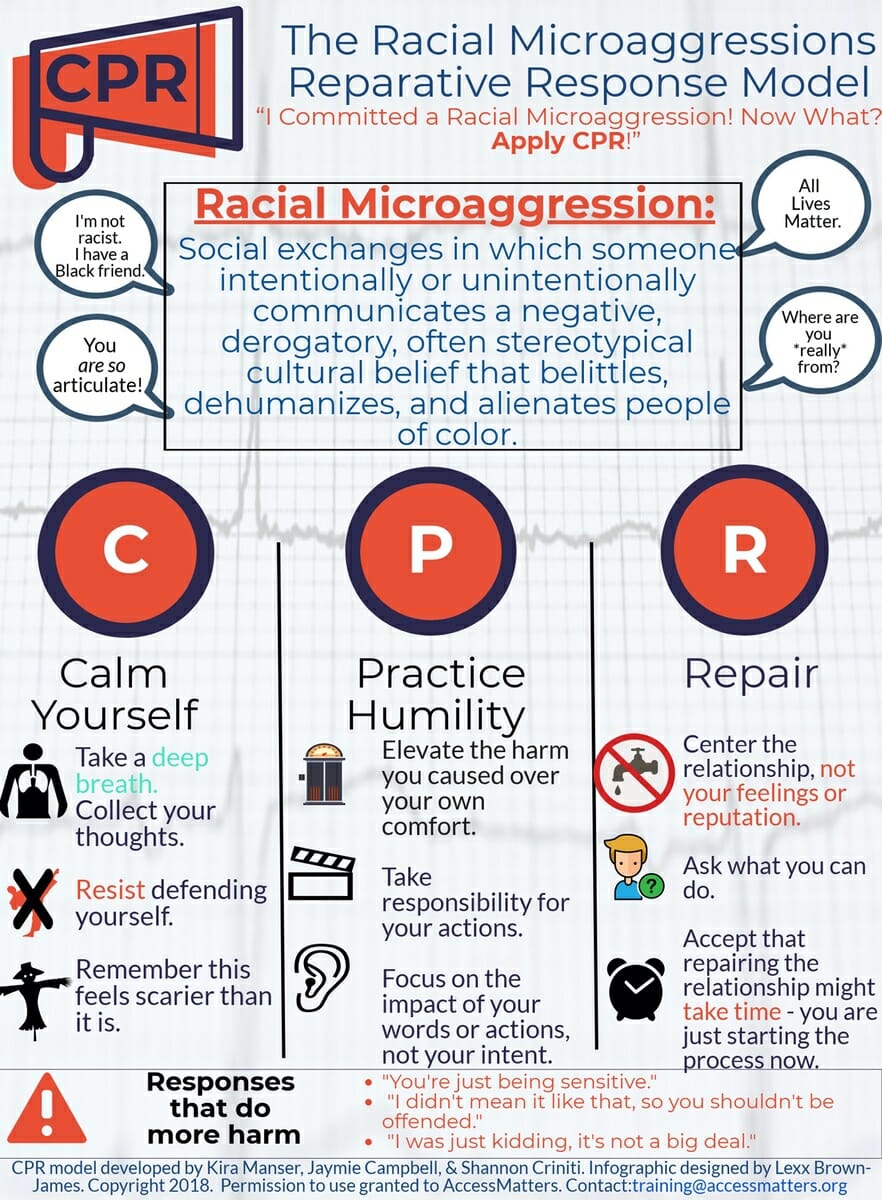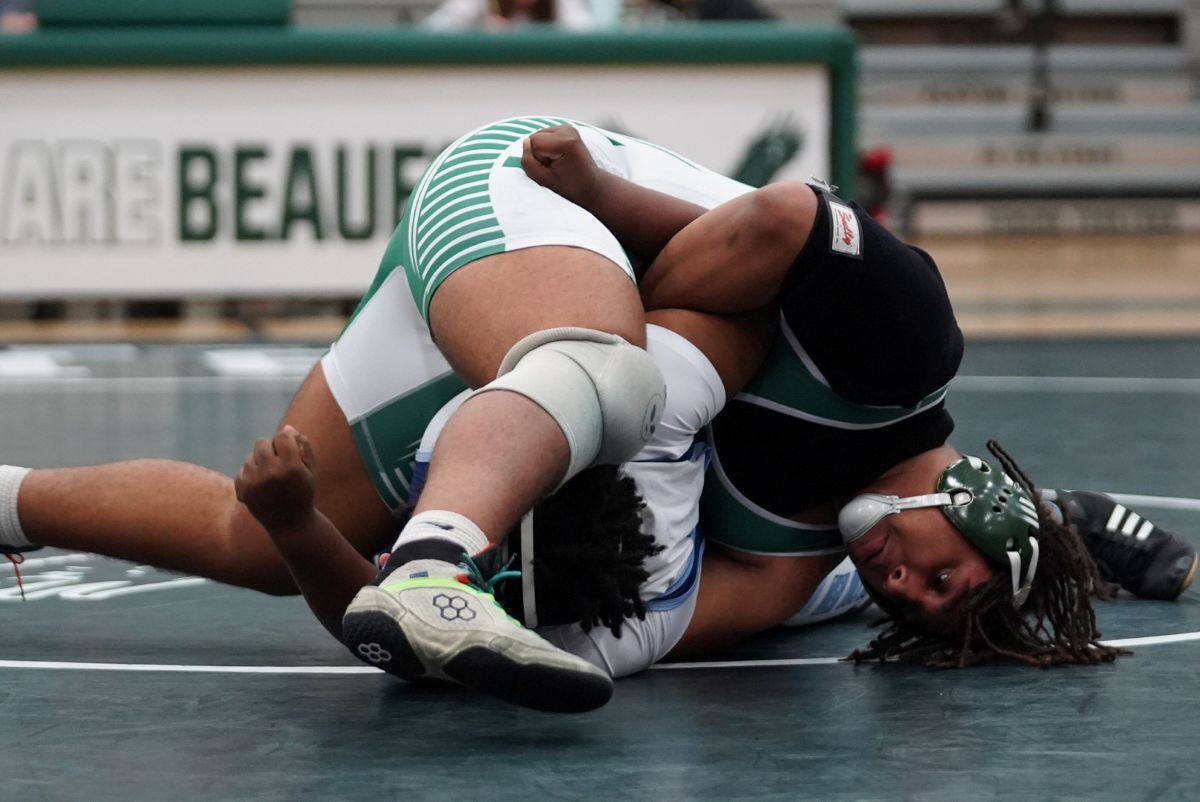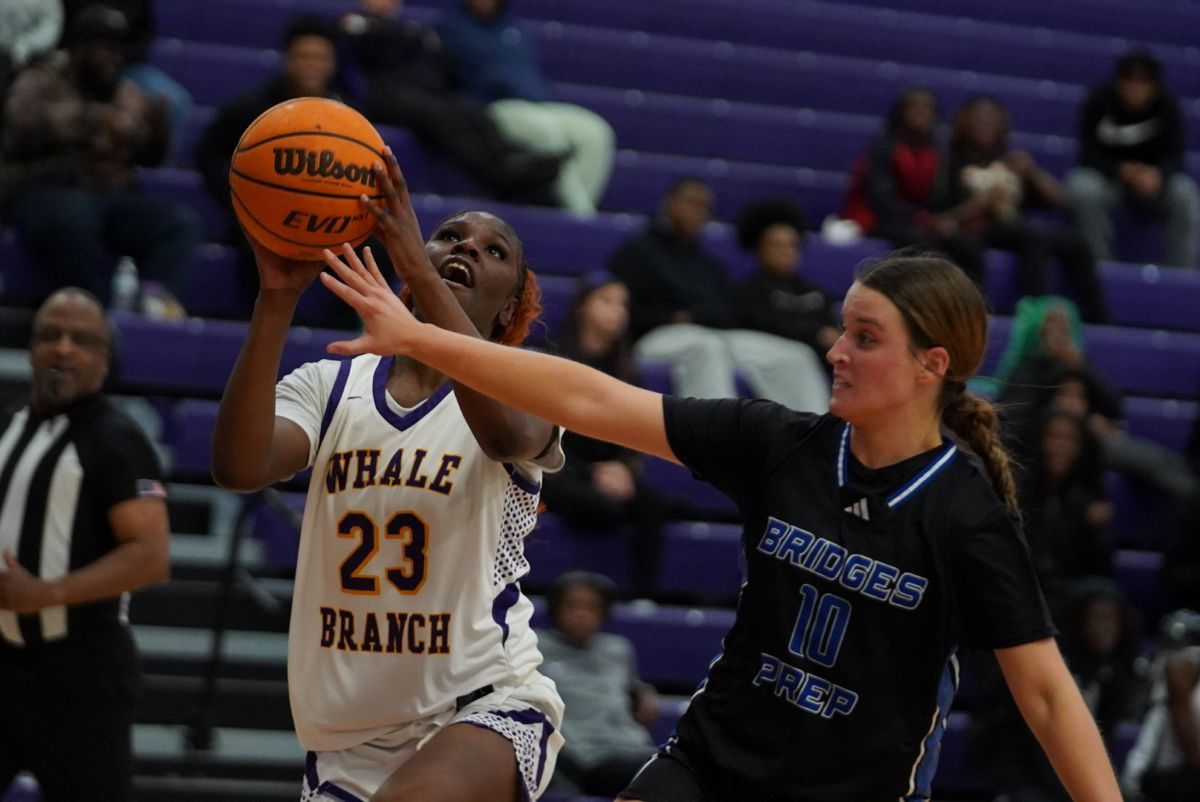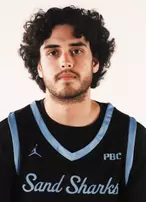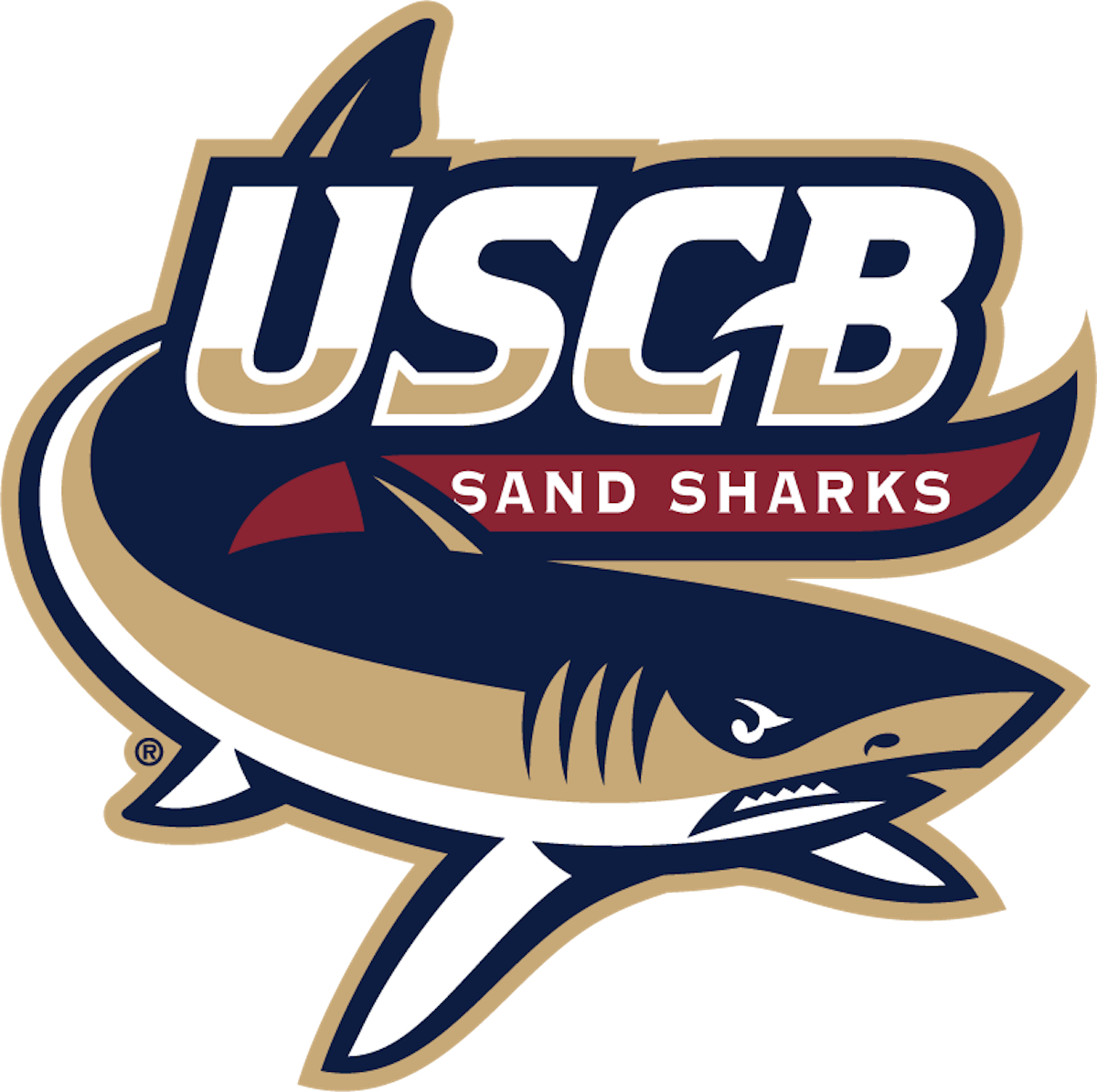Story and photos by Justin Jarrett
LowcoSports.com
While major college leagues around the country were delaying or postponing their football seasons — and while South Carolina’s public schools were pushing back the start of fall practice — the S.C. Independent School Association (SCISA) made a bold decision.
They were gonna play.
SCISA athletic director Mike Fanning never wavered from the notion of playing a full season, allowing the state’s private school athletics programs to resume workouts under a set of guidelines to encourage social distancing and issuing numerous best practices to avoid the spread of COVID-19.
The league did delay the start of football practice from July 30 to Aug. 3 and started with a phased approach — helmets only for the first week, shoulder pads added for the second week, and full pads allowed beginning Aug. 17. It also eliminated jamborees and scrimmages and pushed back the first games one week to Aug. 28, but SCISA has not taken the step of shortening the season or eliminating non-region games, unlike the South Carolina High School League.
SCHSL has been decidedly more cautious, delaying the start of football practice statewide until Sept. 8 and postponing the first games until Sept. 25. Region games are to be played first in order to preserve a seeding criteria for a condensed postseason.
They’ll have a lot better idea how realistic that Sept. 25 start date is soon enough, thanks to SCISA’s blueprint. If the safety guidelines Fanning has put in place allow the state’s private schools to play football without contributing significantly to community spread of the virus, he will have been a visionary. But if it breaks the other way, it could become a cautionary tale.
John Paul II coach Chris Myers remains optimistic that the season will go on, but he recognizes how fragile the situation is. To a man, every area private school coach has referenced the dread of seeing his athletic director walking toward the practice field with bad news.
“Now, how realistic is it to make it all season long without a shutdown? I think that depends,” Myers said. “I think that there are going to be some positive cases here and there, and (it depends) how well those are treated by schools. I feel very confident in John Paul II and the Charleston diocese, what policies they have in place. But it brings up the question that you don’t know what everybody else is doing. And that can be scary.”
Hilton Head Prep knows that fear all too well. Coach Dave Adams said the Dolphins got just two days into summer workouts in June before having to shut down when several athletes tested positive for the virus. Since starting back up in July, the school has avoided any further outbreaks by focusing on preventative measures such as checking players’ temperatures when they arrive, having players use hand sanitizer at each water break, and issuing each player individual water bottles.
Those are standard practices at area schools, all of which require coaches to wear masks when interacting with students. Other adjustments aimed at limiting interactions include more liberal use of tackling dummies (which are sanitized between uses) in lieu of full-contact drills and working in smaller groups. An ordinary preseason it is not.
“We looked at the plan and we changed the plan about 10 times and tried to make it all as coordinated as we possibly could and get in line with the guidelines,” Hilton Head Christian Academy coach Ron Peduzzi said. “And it took some time, but our guys have been pretty good with it and working towards it. They’re getting better every day and making it work. They’re getting used to what the guidelines are and and how things should be run.”
It will up the ante when teams leave the relative bubbles of their practice environments and board buses to other parts of the state to play full-contact tackle football. SCISA has precautionary protocols in place such as moving the chain crew to the home sideline and having team ballboys stay on their own sidelines, but social distancing and football don’t mix. Linemen will smash into each other repeatedly for three hours, swapping sweat and likely spit, and nearly every play ends with a dogpile.
“If we hit dummies until game one, then so be it,” Beaufort Academy coach Mark Clifford said. “You have no control over the other team. You’ve got to trust that they’re doing things right. There’s a little bit hoping and praying, now, I ain’t lying.”
It’s easy enough to imagine how quickly it could go sideways, but coaches are trying to remain optimistic.
“I’ll just coach every day and we’ll practice every day and let someone else make that decision to go forward or go backwards,” Adams said. “I just try not to worry about the what-ifs.”

